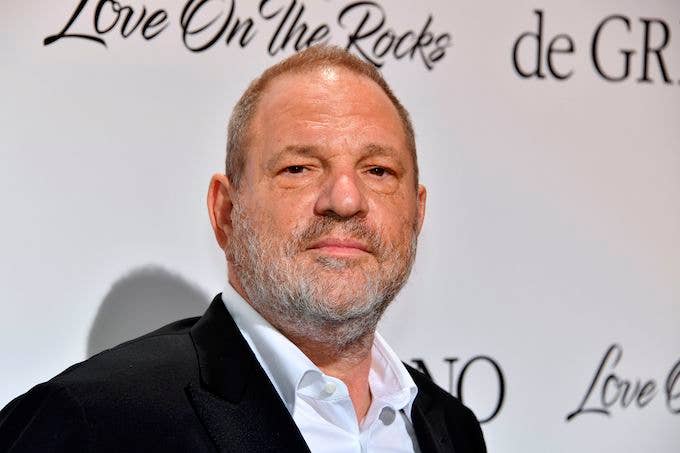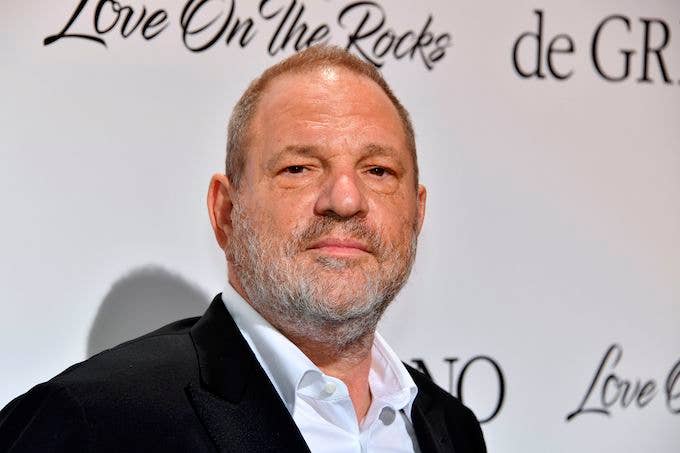
Harvey Weinstein’s ex-assistant, Rowen Chiu, has written an op-ed for the New York Times where she details her alleged attempted rape by the former film producer. She also shared the frightening experience of being compelled by Weinstein’s lawyers to sign an NDA.
Weinstein hired Chiu in 1998, after she graduated from the University of Oxford. She describes being Chinese was seen as “different and inferior” to Weinstein, and alleges that her colleague and fellow assistant, Zelda Perkins, said he wouldn’t harass her because he didn’t “do Chinese or Jewish girls.” Chiu writes, “Later, he turned around and defined me in terms of sexual exoticism, telling me, just before he tried to rape me, that he’d never had a Chinese girl.”
Chiu also details how during the evening where he attempted to rape her—which took place during a late-night meeting during the Venice Film Festival—she tried to defend herself from him by wearing two pairs of tights:
None
Chiu escaped from the hotel room and told Perkins what happened the next day. The two women attempted to report Weinstein’s behavior to the higher-ups but were “shut down” and laughed at. When the two women finally gained legal representation, they were pressured to sign an NDA, negotiations for which “were conducted under conditions of extreme duress.”
Chiu ultimately accepted a settlement of around $213,000. After not being able to find work in London, she became employed by Miramax again, but in Hong Kong, she suspected the role was made in order to keep her in Weinstein's "orbit.” The trauma from her assault led her to attempt suicide twice before quitting her job.
“I had been so completely silenced that although I was central to a story that had ignited a global movement, I did not participate,” she explained, referencing the #MeToo movement. “Remaining silent had become integral to my identity, both as a woman and a person of color.”
Chiu felt inspired to speak when Christine Blasey Ford came out with her allegations against Supreme Court Justice Brett Kavanaugh, and later, agreed to be in New York Times reporters Jodi Kantor and Megan Twohey’s book, She Said. When Chiu came forward about her allegations, Weinstein denied them, claiming he and Chiu had a consensual “six-month physical relationship,” per Vulture.
“It is important to me now that I speak up, that I allow my voice, an Asian voice, an assistant’s voice, to join the array of voices in the #MeToo movement,” she writes at the end.

